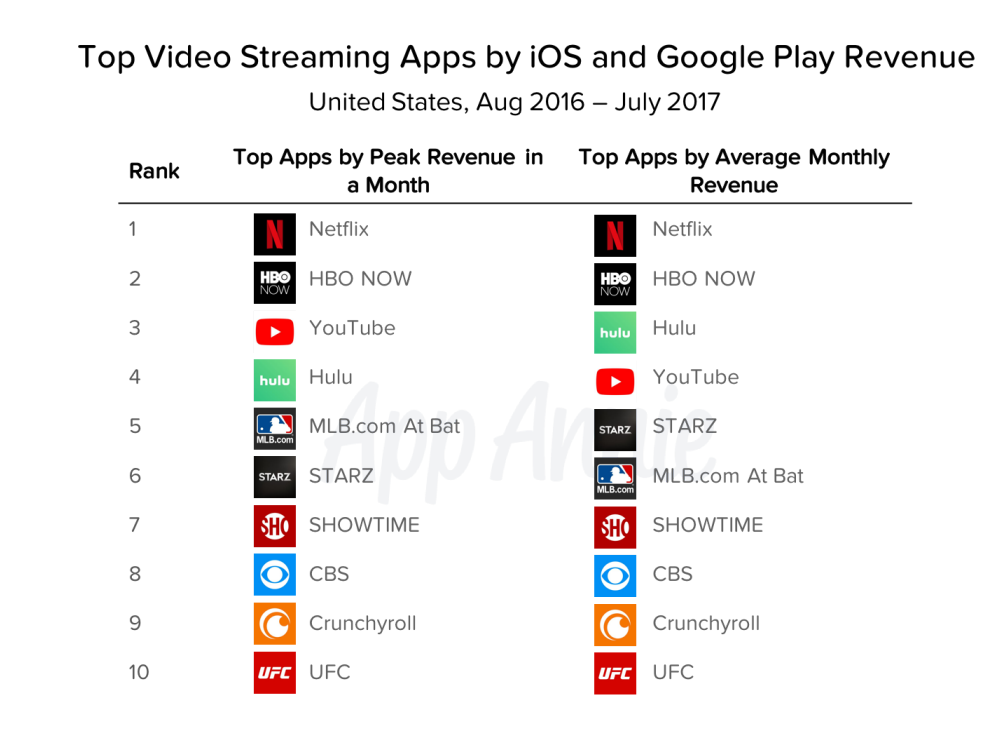AI will fundamentally change how we manage content

Content management is about to undergo a foundational shift as artificial intelligence and machine learning bring long-sought order to enterprise content. As the volume of content has increased, the ability to manage it all seems to have alluded us. Ironic, since Content Management Systems were supposed to solve the enterprise content organization problem.
The paradox was that the more content you collected, the harder it was to manage. AI and machine learning have the power to change that because machine learning algorithms actually work better with more data, and that has the potential to fundamentally alter how we think about managing content.
That could be why Box CEO Aaron Levie thinks AI could have a bigger impact on content management than even cloud computing did a decade ago. “I think it’s going to be more fundamental than the cloud in terms of its impact across all enterprise software, but specifically in our space, cloud content management.” He believes that’s precisely because of the exponential increase in the amount of data that is being created and shared internally and externally today by organizations of all sizes.
“The only way we are going to be able to make sense of all this data and to extract more and more value from it is through machine learning and artificial intelligence. There is simply no other way to keep up with the growing [deluge] of data, as well as the use cases around this content,” he said.
The only way we are going to be able to make sense of all this data and be able to extract more and more value from it is through machine learning and artificial intelligence.
Here comes AI
Perhaps it’s not a coincidence that just this month, Box announced a partnership with Google to bring AI via image recognition technology to the cloud content management firm.
“We looked at what problem could we first solve with AI. Within Box we have 30 billion files now, and a significant portion of those are image files, and so we wanted something that instantly was going to create a tremendous amount of value for our customers. That’s why we decided to work with Google on the computer vision service,” Levie explained.
Box also announced a deepening partnership with Microsoft in June and suggested that it could include taking advantage of Azure AI and machine learning algorithms.
At the time, Jeetu Patel, Box’s SVP of Platform and chief strategy officer, told TechCrunch the very nature of content management was about to shift in a significant way. “In the next five years, the way people engage and interact with content will be completely different than the last 25 years with new ways to engage and extract meaning [from content]…” Patel said.
Last week, M-Files, a hybrid content management solution, announced it was acquiring Apprento, a Canadian startup that uses natural language processing (NLP) and natural language understanding (NLU) to provide semantically based intelligent summaries. Greg Milliken, SVP of Marketing at M-Files, says the Apprento purchase gives them an immediate way to process unstructured data in an intelligent way.
“In Apprento’s case, we were first attracted to their practical experience with applying natural language processing (NLP) and natural language understanding (NLU) to practical business needs. For instance, analyzing the language used in emails and other unstructured documents and content to establish context and intent, such as relationships to accounts, projects and cases, ultimately making them easy to find when they are most relevant and needed.”
Making the move
All of these moves suggest that we could be in the midst of an industry shift that Levie and Patel alluded to, as content management firms try to use intelligence to make sense of the increasingly large amount of content moving into the enterprise.
Alan Pelz-Sharpe, founder and principal analyst at Deep Analysis, who has been covering this industry for many years, sees AI having great utility. “It’s finding its way into content management in many different ways — content analytics, automated governance, but maybe most interesting through RPA (Robotic Process Automation). RPA is far from sexy, but it can have an immediate impact on the bottom line so it’s important,” he said.
He says the moves by M-Files and Box are probably just the beginning and we should expect to see more partnership and acquisition action as companies take a deeper dive into AI. “I see many acquisitions and partnerships happening over the next year or two with [companies seeking] AI specialists for particular needs. Box is partnering, but I don’t think that rules out acquisitions (though they tend to buy small) to use the learning and automation technologies in different parts of their platforms — and similarly for different [types of] customers,” he said.
For his part, Levie says that his company will pursue whatever course seems to make the most sense, developing in-house when needed and partnering when a viable solution already exists, as it did with Google’s computer vision technology. (He did not discuss acquisition strategy.)
Change is never easy
Tony Byrne, founder and principal analyst at Real Story Group, who is usually skeptical about developing tech trends, is actually bullish about using AI in content management — but not without some caveats. He cautions that the usefulness of your AI effort is going to be related to the condition of your data.
“Those sorts of automation and cognitive services typically depend on a fairly organized repository of tagged (and ideally structured) content, which is often what you’re working towards in an ECM project in any case. The challenge comes for customers who have very messy repositories: AI/ML isn’t going to clean it up for them, and [these companies] will struggle to draw meaningful conclusions — garbage in — garbage out,” Byrne explained.
Pelz-Sharpe agrees with this assessment. “Most enterprises have poorly managed data/files — unintegrated applications and are typically (intentionally or not) out of compliance. AI promises to figure that out for you. In reality, though AI is itself limited in what it can do due to this poor state of affairs,” he said.
Byrne also warned that it’s early days and it’s going to take some time to get this right. “Customers just need to understand that software vendors themselves are still thinking in terms of potential and have not yet fully activated AI/ML services as specific applications. That means that [customers] today will need to do a lot of the experimentation and testing themselves. But I think it’s worth exploring, especially for sizable enterprises with more complex needs around large-scale document processing, knowledge management, records management and search tuning,” he said.
That is good advice for any developing technology, but especially worth keeping in mind with the unique needs of content management. That means finding areas where it would work best such as Box’s choice of image recognition. Over time, as AI improves and gets more deeply incorporated into CMS tech, we will begin to see more complex use cases.
Fulfilling the content management vision
Levie acknowledged that a lot of this technology will likely be applied to future content, rather than large legacy stores, but that shouldn’t minimize the impact this is going to have on the industry moving forward.
As AI and machine learning evolve, it makes sense that content management is going to play a role in that. Humans have never been terribly skillful at organizing massive volumes of data — and it turns out, machines are amazingly adept at it. As we have begun to see with other forms of enterprise software like CRM, AI is transforming the entire way we think about software.
“We think we are on the cusp of, for the first time, where technology can actually work on behalf of the user. I don’t have to tell it to do all of the things I want to generate value from. The system itself can begin to generate that value on its own, and that’s a pretty significant turning point for technology,” Levie said.
This ability could allow us to finally fulfill the promise of managing and controlling large volumes of content. “It finally introduces the promise that the industry has been talking about for a couple of decades. It has never been about the storage and archiving and strict management of the content. It’s always been about how do you make sense of and create more value from your information, but unfortunately, we’ve never actually had the technology to be able to accomplish that ultimate vision…until now,” Levie aptly explained.
Featured Image: Dimitri Otis/Getty Images
Published at Sat, 26 Aug 2017 13:16:54 +0000




